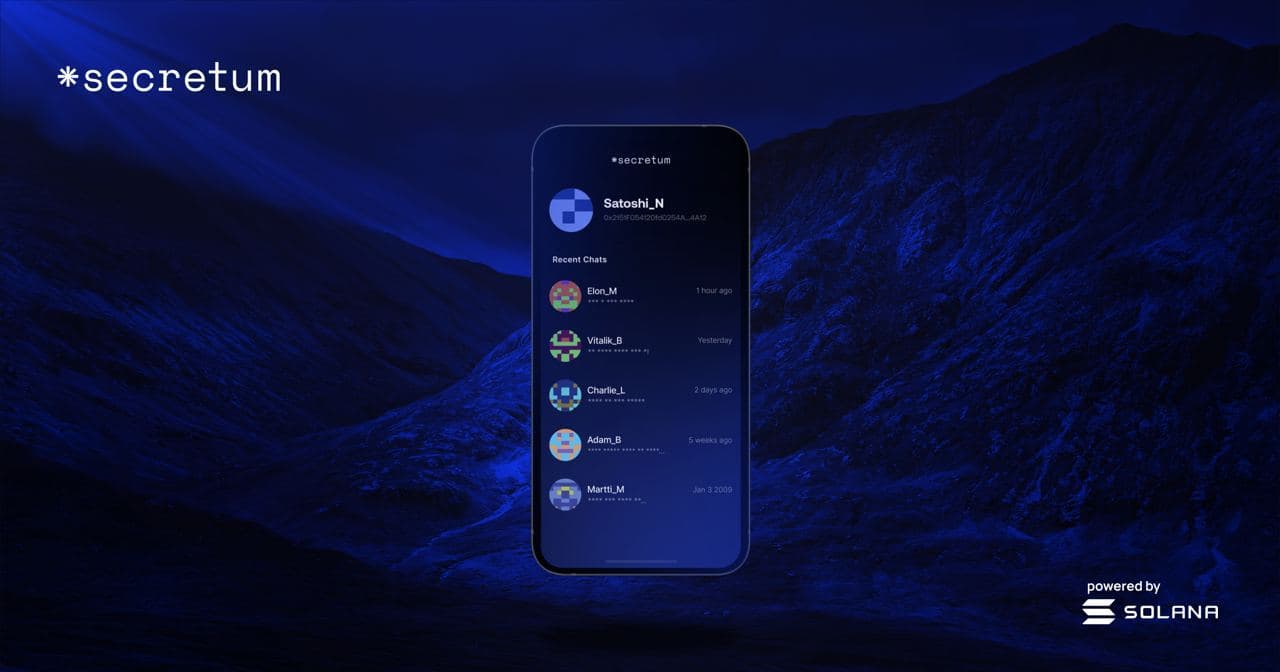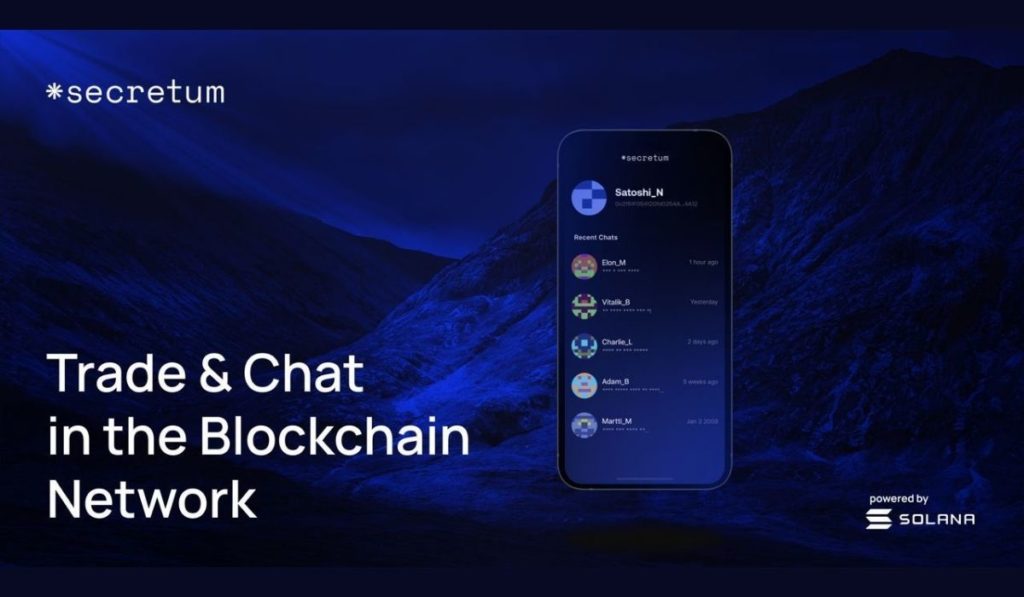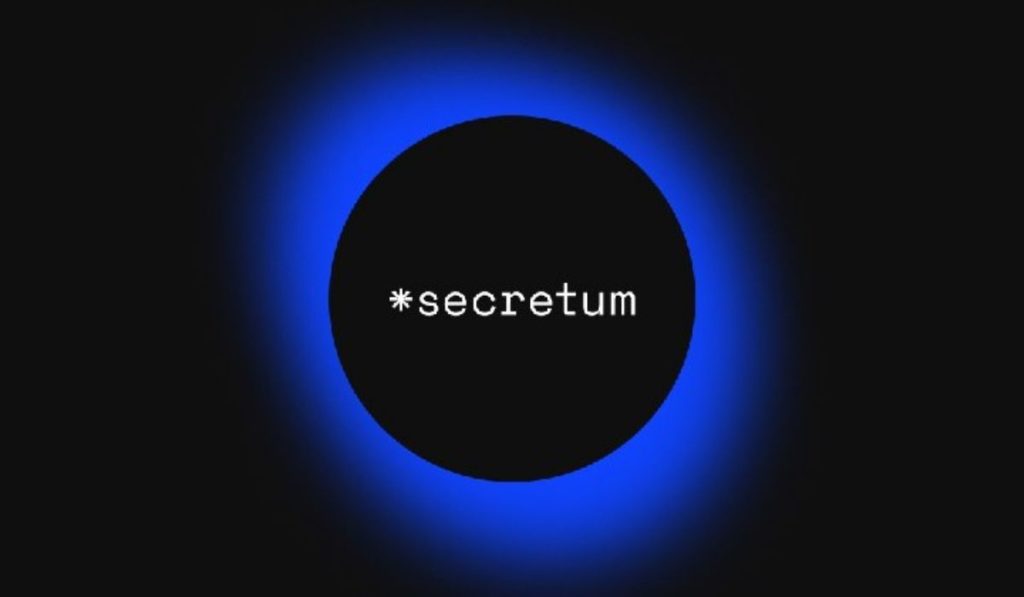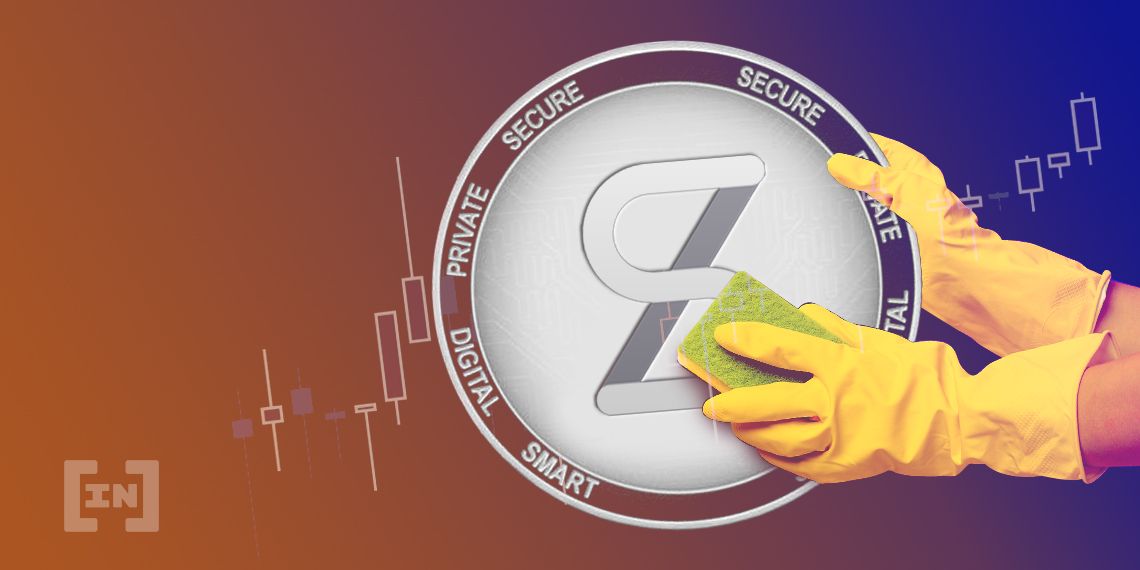2021-11-17 08:14 |
Messaging apps are everywhere – over 3.1 billion people around the world use them, sending more than 140 billion messages every day. Their ubiquity, size, and the value they deliver to their users have often converted into stratospheric market valuations:
Whatsapp was acquired for an unprecedented $19 billion in 2014, after being launched only 5 years earlier. At the time of acquisition, Facebook paid $42 per WhatsApp user. Telegram, launched in 2013 by Pavel Durov, has over 500 million users today and recently rejected an investment offer valuing it at $30 billion. Skype, one of the first VoIP services, was sold to Microsoft for $8.5 billion in 2011.The growth of mobile messaging apps shows no signs of stopping: the number of mobile messaging app users is projected to increase by over 10% by 2025, an additional 300 million people.
While the growth has been phenomenal, it has brought to light a series of previously unknown dangers to the privacy, finances, and personal safety of mobile phone users:
Data Sharing Violations – The EU’s privacy watchdog fined WhatsApp ˆ255 million for data processing and data sharing violations in September 2021.
Cyber Theft – Cybercriminals have used Telegram’s chat scripting tools to hack bank account data from other users.
Private Data Theft – The private data of 533 million Facebook Messenger users was leaked online in April 2021.
Spyware – Hackers were able to insert spyware software in the phones of WhatsApp users, enabling them to listen to private conversations.
Blackmail – WhatsApp users have been warned that even if they delete messages, these can be retrieved by hackers and used to blackmail them.
Traditional mobile carriers are not safer, either. Syniverse, used by T-Mobile and Vodafone among others, revealed that hackers have been accessing billions of text messages from its database since 2016.
With the accelerated boom in data transmission, the privacy of user data and communications will be more and more in danger. The world is desperately seeking a messaging solution safe from hackers, cybercriminals, and government interference. By leveraging the latest Blockchain technology, a group of visionary tech developers has finally developed it: Secretum.
Secretum: Using Blockchain To Start A Messaging & Trading RevolutionSecretum is the world’s first and only fully decentralized, encrypted, and secure messaging DApp (Decentralised App), built on the Solana Blockchain. Thanks to its state-of-the-art design, it further enables users to trade crypto assets as easily as sending an SMS. The advantages for users are significant:
All messages are fully encrypted and stored on verified nodes in the Secretum network – meaning hackers can’t access them like in cloud-based messaging services like Whatsapp. The most secure and anonymous sign-up process, which only needs the user’s crypto wallet address – no more risks of private data leaks. Staking and rewards with the native SER token for users who message and provide new nodes to expand the Secretum network. An easy, intuitive, and purely P2P trading interface to send and receive cryptocurrencies and Non-Fungible Tokens (NFTs). Record low fees and almost instant trades, thanks to Solana’s capability of 50,000 transactions per second and an average cost per transaction of only $0.00025.By combining a superior messaging app with advanced P2P crypto trading, Secretum’s strategy is ambitious, yet simple – becoming the go-to messaging app of the crypto era.
Secretum: Turning Crypto & Messaging Into A Blockchain UnicornAs Secretum’s Blockchain-messaging innovation changes the game in communications, it’s over the counter (OTC) P2P trading capabilities bring unique advantages to crypto-asset owners:
Instant Liquidity – Traders are able to contact each other directly and find hidden liquidity in crypto markets – improving execution.
NFT Trading – NFTs are booming, with sales surging to $10.7 billion in Q3 2021, up a staggering 700%+ from the previous quarter:
Secretum helps match NFT buyers and sellers, by letting them contact each other via their wallet address – securely, directly, and at the lowest fees on the market.
Better Trade Prices – With wallet-to-wallet trading, Secretum stabilizes prices and market flow, eliminating the impact of “whale trades” and their negative impact on prices.
Secretum is entering the market as crypto adoption is soaring, with the number of wallets reaching a record high of over 220 million:
As more people become crypto wallet owners, they will be able to seamlessly use Secretum for all their messaging needs – essentially the messaging app market merging with crypto. By leveraging its unique trading and messaging capability, Secretum is de facto positioning itself to serve a market of over 3 billion users. The upside of becoming a globally used messaging app is significant – experts estimate that WhatsApp generated between $5 and $10 billion for Facebook in 2020. Achieving Secretum’s vision of a secure and user-friendly communication and trading solution for the entire world, therefore, would give it a more than reasonable chance of becoming the world’s next messaging unicorn.
origin »
Market.space (MASP) íà Currencies.ru
|
|









